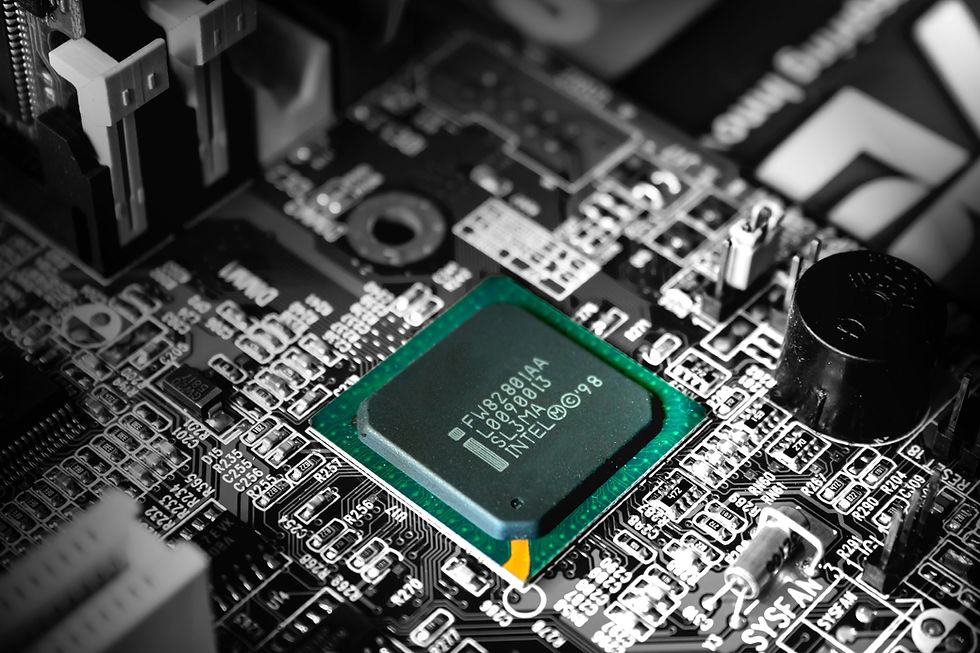Embracing the Future: Understanding Artificial Intelligence
- Cyber Framework Solutions

- Feb 20, 2025
- 2 min read
Artificial Intelligence (AI) is a term that sparks both excitement and apprehension in equal measure. From its humble beginnings in academic research to its current status as a transformative force across industries, AI's journey has been nothing short of remarkable.

What Is AI?
AI refers to the simulation of human intelligence processes by machines, especially computer systems. These processes include learning (the acquisition of information and rules for using the information), reasoning (using rules to reach approximate or definite conclusions), and self-correction. A subset of AI is Machine Learning (ML), which enables systems to learn from data and improve their accuracy over time without being explicitly programmed.
The Evolution of AI
The concept of AI isn't new. It dates back to the mid-20th century when pioneers like Alan Turing and John McCarthy began exploring the possibility of machines that could think. Over the decades, AI has evolved from simple problem-solving programs to complex systems capable of natural language processing, image recognition, and even autonomous decision-making.
AI in Everyday Life
AI is no longer confined to research labs and science fiction novels. It's woven into the fabric of our daily lives in ways we might not even realize. Here are a few examples:
Virtual Assistants: Siri, Alexa, and Google Assistant are AI-driven virtual assistants that help us manage our schedules, answer queries, and even control smart home devices.
Recommendation Systems: Netflix, Amazon, and Spotify use AI algorithms to analyse user preferences and suggest content that aligns with their tastes.
Healthcare: AI is revolutionizing healthcare with applications in diagnostics, personalised medicine, and robotic surgeries.
Finance: AI-powered systems are used for fraud detection, risk assessment, and algorithmic trading.
The Benefits of AI
AI offers numerous benefits that are transforming industries and improving lives. These include:
Efficiency: AI can automate repetitive tasks, freeing up human workers to focus on more complex and creative activities.
Accuracy: AI systems can process vast amounts of data with high precision, reducing the margin for error.
Innovation: AI-driven insights can lead to ground-breaking discoveries and innovative solutions to longstanding problems.
The Challenges and Ethical Considerations
Despite its many advantages, AI also presents several challenges and ethical considerations:
Bias: AI systems can inherit biases present in their training data, leading to unfair or discriminatory outcomes.
Privacy: The use of AI in data collection and analysis raises concerns about user privacy and data security.
Job Displacement: The automation of tasks through AI could lead to job displacement in certain sectors, necessitating the need for workforce reskilling and upskilling.
The Future of AI
The future of AI is promising, with advancements in areas like deep learning, natural language processing, and robotics. As AI continues to evolve, it will play an increasingly integral role in addressing global challenges, from climate change to healthcare accessibility.
In conclusion, AI is not just a technological trend; it's a paradigm shift that has the potential to redefine our world. By understanding and embracing AI, we can harness its power to create a future that is more efficient, innovative, and inclusive.




Comments